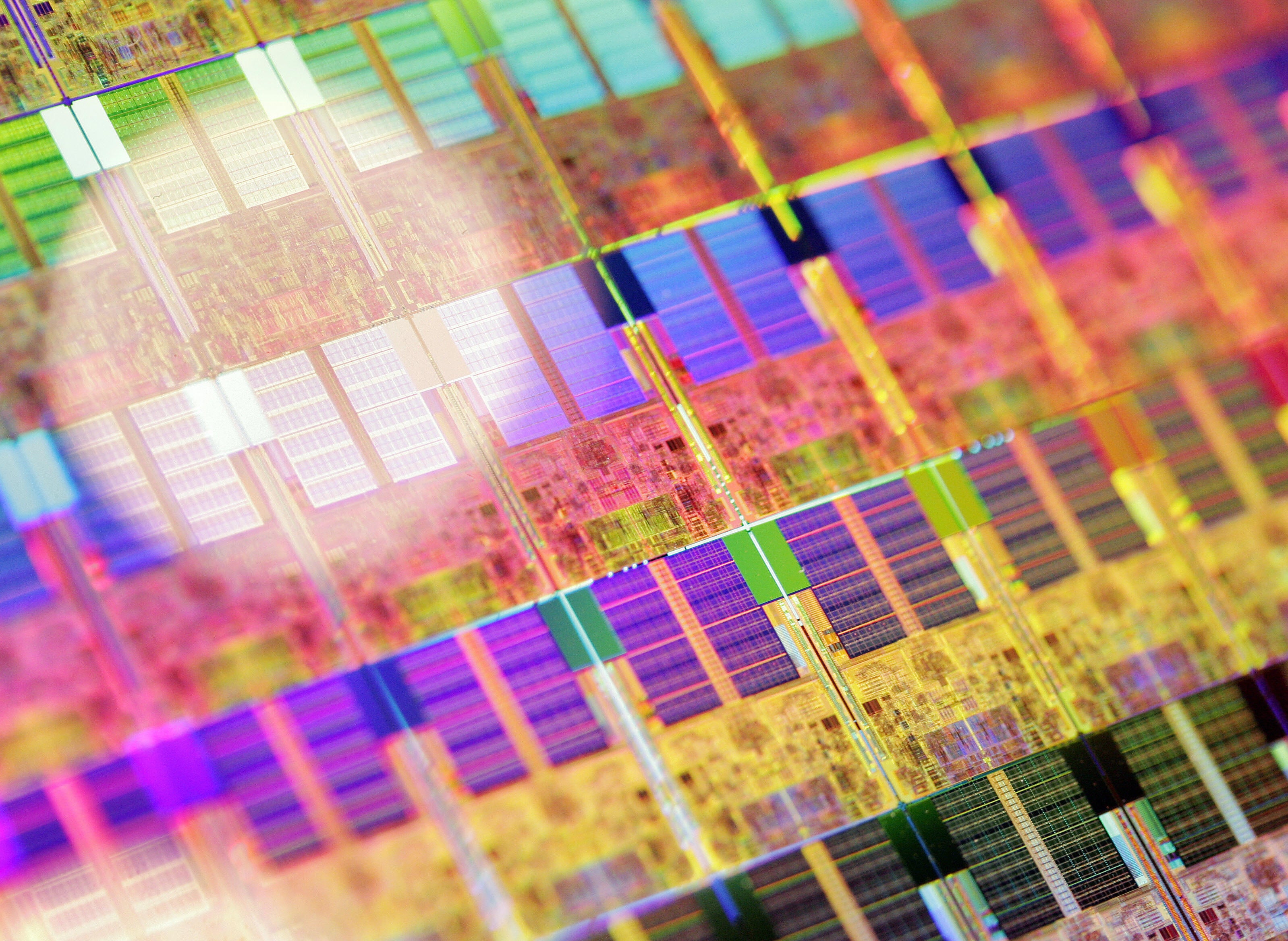Scientists hail breakthrough material that could transform future of computers
Discovery is ‘crucial step’ to technology that could be ‘transformative for humankind’ researchers say

Your support helps us to tell the story
This election is still a dead heat, according to most polls. In a fight with such wafer-thin margins, we need reporters on the ground talking to the people Trump and Harris are courting. Your support allows us to keep sending journalists to the story.
The Independent is trusted by 27 million Americans from across the entire political spectrum every month. Unlike many other quality news outlets, we choose not to lock you out of our reporting and analysis with paywalls. But quality journalism must still be paid for.
Help us keep bring these critical stories to light. Your support makes all the difference.
Scientists have made astonishingly pure silicon – a new breakthrough material that could finally make quantum computers possible.
A new technique allows engineers to make highly purified silicon that is the perefect material to build large quantum computers, the scientists behind it say. Those quantum computers could eventually be “transformative for humankind”, solving problems that might take centuries with today’s technology.
The breakthrough material will help overcome a problem that plagues attempts to build such computers, which is known as “fragile quantum coherence”. That refers to the fact that quantum computers tend to accumulate errors very quickly, which means that they can soon become unreliable.
Quantum bits or qubits are the building blocks of quantum computers, just like bits in a classical computer. But they can be affected by tiny variations in their environment, including changes in the temperature – so that even the quantum computers we have today, which are put into fridges that keep them at almost absolute zero, can only run without errors for a fraction of a second.
The creation of the new material could help overcome those problems. It uses qubits made out of phosphorous atoms that are then put into crystals of pure stable silicon, which makes them much more robust.
The process shoots a focused beam of pure silicon at a silicon chip, removing the unwanted atoms and replacing them with pure silicon. It reduced the amount of the unwanted atoms from 4.5 per cent to 0.0002 per cent.
“The great news is to purify silicon to this level, we can now use a standard machine – an ion implanter – that you would find in any semiconductor fabrication lab, tuned to a specific configuration that we designed,” said David Jamieson, from the University of Melbourne, who co-supervised the project.
The breakthrough may have sped up the work to build a useful quantum computer “significantly”, said Richard Curry, professor of advanced electronic materials at The University of Manchester, where much of the work was done. What might previously have been ten years away may now be done in five years or less, he said.
Scientists have used silicon to make the chips that power classical computers for decades. But natural silicon comes with small impurities that can cause qubits to lose information and make any quantum computer running on them unreliable.
The breakthrough from the University of Manchester removes those impurities, however, making the world’s purest silicon. That could eventually allow for a scaled-up quantum computer that could provide vast power in a small package.
Researchers pointed to a host of potential breakthroughs that would be enabled with practical quantum computers: new powers for artificial intelligence, communications, the creation of new drugs and new ways of using energy.
But first researchers must show that the pure silicon can be used to create a computer with many qubits that can keep their coherence all at the same time.
Join our commenting forum
Join thought-provoking conversations, follow other Independent readers and see their replies
Comments